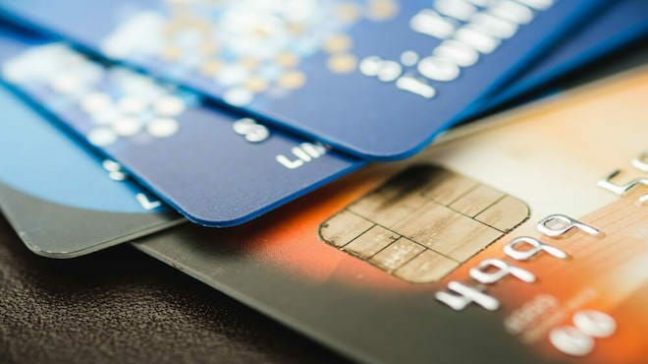There is a common misconception that credit cards hurt the financial health of cardholders by drawing them into a debt trap and encouraging them to spend more than they can afford. On the contrary, the best credit card can help improve your financial health and boost your credit score. You can also save money and get a bouquet of benefits using your credit card strategically. Read on to learn how a credit card can help you improve your financial health in a few easy ways:
How Can Credit Cards Improve Financial Health
If you are disciplined with your credit card bill payments and do not get enticed to spend blindly with the easy line of credit a credit card offers, you can build a healthy financial portfolio using your credit card. Here is everything you need to know about improving your financial health with the help of your credit card:
- Improving the credit score of the cardholder: The best feature of a credit card is that the cardholder does not have to pay any interest on his credit card spending if he pays his credit card bill in full before the due date. It is a better option than a loan, where the borrower has to pay the interest for the entire loan tenure. When a cardholder uses his credit card to make expenses and purchases, these transactions are noted by the credit bureaus in the credit card CIBIL score calculation. If the cardholder ensures that he pays his credit card bills on time, it will reflect positively on his credit report and push his credit score upward. The cardholder can benefit from this improved credit score and obtain low-interest loans.
- Providing savings to the cardholder: Most credit cards offer several frills, benefits, and rewards to credit cardholders as benefits. These rewards are offered based on an individual’s expenditure on the credit card. Various credit cards offer a variety of benefits like air ticket discounts, airport lounge access, spa coupons, cashback, movie tickets, restaurant discounts, complimentary club membership, etc. A cardholder can choose the kind of benefits that match his lifestyle and spending habits and benefit from his credit card usage.
- Managing cash flows for the cardholder: Cardholders can manage their monthly cash flows by wise use of the interest-free period on the credit card. When you make an expense using your credit card, the time from the date of the expense to the due date for the expense’s payment is interest-free. It is like an interest-free line of credit for that period. You can make huge expenses at the start of the credit card billing cycle and use the zero-cost period till the due date to get interest-free finance on your credit card. However, if a cardholder has multiple credit cards with different billing cycles, there will be no interest-free period, and one or the other credit card bill will be due.
You must remember that if you fail to pay the credit card bill by its due date, the card issuer will levy heavy interest charges on your due amount, which may go up to 48% per annum.
- Converting credit card bills to EMIs: Credit cardholders need not fear prospective interest charges on their credit card dues. If a cardholder feels that he would not be able to pay the entire credit card due amount by the end of the billing cycle, he can get his credit card due amount converted into EMIs. The interest applicable on EMIs is much lesser than a credit card due to interest changes. Cardholders can also avail of interest-free EMIs on their credit card spending if their credit card issuer has a tie-up with the merchant. A few credit card issuers offer special discounts and benefits to cardholders who opt for the credit card EMI option on their purchases.
- Offering pre-approved loans to credit cardholders: Credit cardholders who have a good repayment history with the card issuer can get pre-approved loan offers against the best credit cards. Card issuers offer these loans as per the credit limit of the cardholder. In some cases, the card issuer can even offer a loan of a higher value than the cardholder’s credit limit. Such loans require less documentation and are disbursed quickly, offering quick financial assistance to the cardholder in his times of need. The short-term benefit of such a loan is quick access to cash, and the long-term benefit of it is improved credit score and financial health when the cardholder repays the loan on time.
Credit cards are a great tool to learn financial planning, which is not taught in any school or college. When an individual takes a credit card and keeps track of its bill payments, rewards, and benefits, he gets used to managing his finances smartly and in an aware manner.





